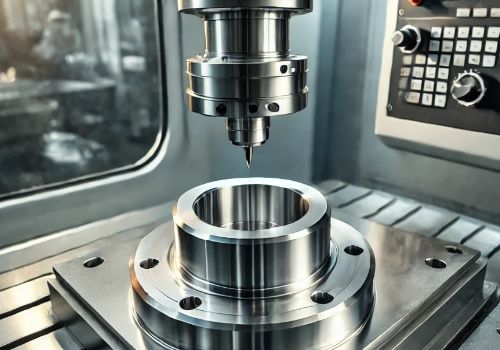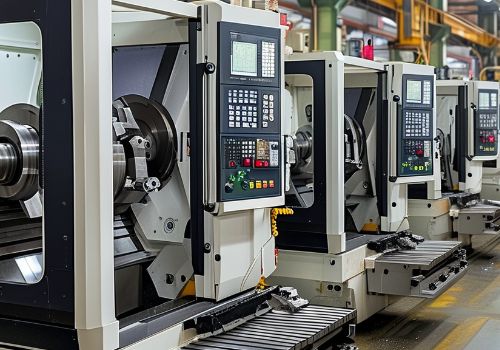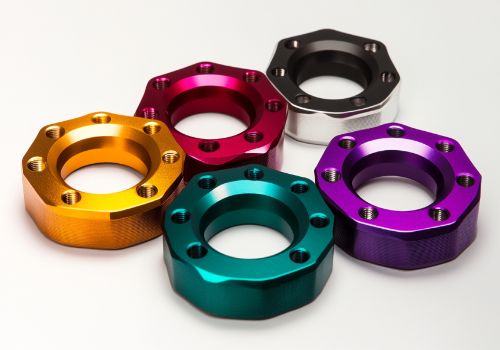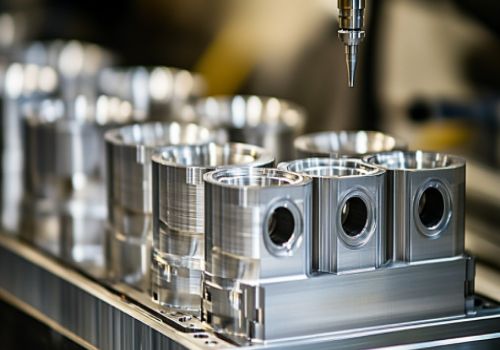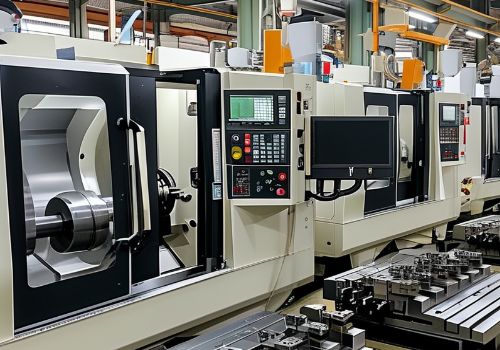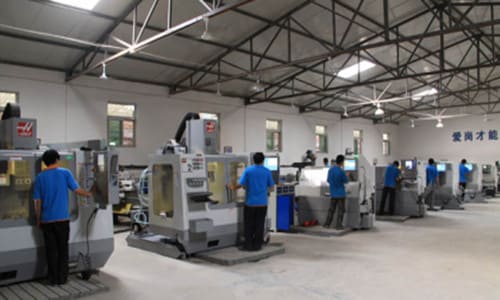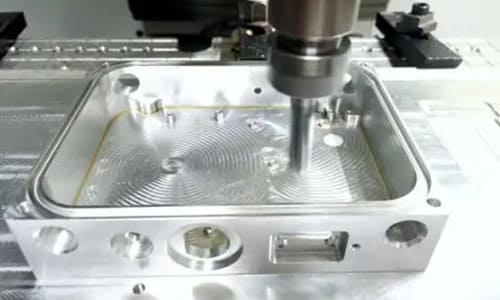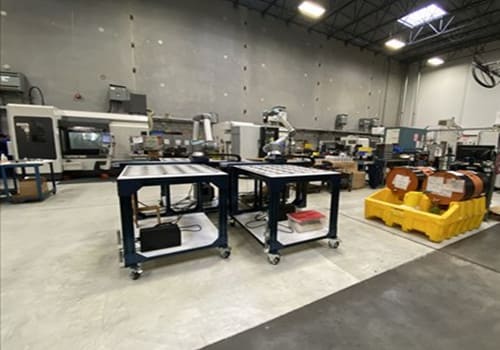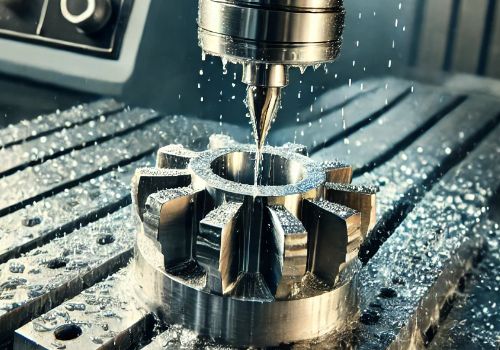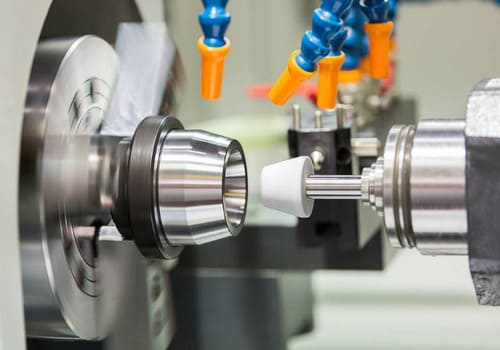Stainless steel is a cornerstone material in modern manufacturing, known for its exceptional durability, versatility, and resistance to corrosion. In the realm of CNC machining, stainless steel remains a go-to material across various industries. This blog explores the reasons why stainless steel is such a popular choice, the benefits it offers, and its applications in CNC machining.
1. Key Properties of Stainless Steel
Stainless steel is an alloy primarily made of iron, chromium, and nickel, with the addition of other elements such as molybdenum or manganese. Its unique composition gives it a range of properties that make it ideal for CNC machining, including:
- Corrosion Resistance: Chromium forms a passive oxide layer, protecting it from rust.
- High Strength-to-Weight Ratio: Combines strength with manageable weight.
- Thermal and Chemical Resistance: Performs well in extreme environments.
- Aesthetic Appeal: Its polished surface is ideal for consumer-facing applications.
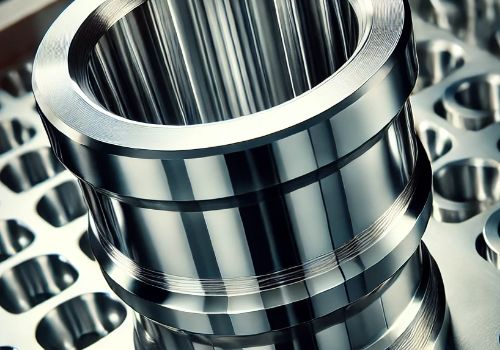
2. Benefits of Using Stainless Steel in CNC Machining
Durability and Longevity
Stainless steel parts are known for their robustness, making them ideal for components exposed to stress, heat, or corrosive environments. This durability ensures a long service life, reducing the need for frequent replacements.
Versatility Across Applications
Stainless steel is compatible with a wide range of industries, from aerospace and automotive to medical and consumer electronics. Its adaptability makes it a universal material for diverse projects.
Precision Machinability
Modern CNC machining techniques can handle the challenges of working with stainless steel, delivering tight tolerances and complex geometries. This precision is essential for high-performance applications.
Environmental Sustainability
Stainless steel is 100% recyclable, aligning with sustainability goals in manufacturing.
3. Common Grades of Stainless Steel for CNC Machining
Different grades of stainless steel cater to specific requirements. Some of the most commonly used grades in CNC machining include:
- 304 Stainless Steel: Known for its corrosion resistance and versatility.
- 316 Stainless Steel: Offers enhanced resistance to chemicals and saltwater, making it ideal for marine applications.
- 430 Stainless Steel: Provides good corrosion resistance and is more affordable for general use.
4. Challenges of CNC Machining Stainless Steel
While stainless steel offers many advantages, it can be challenging to machine due to:
- Work Hardening: Stainless steel tends to harden quickly under machining stress, requiring specialized tools and techniques.
- Tool Wear: Its toughness can cause rapid wear on cutting tools.
- Heat Generation: High cutting speeds can generate heat, potentially affecting part dimensions.
By using the right tools, cooling systems, and machining strategies, these challenges can be effectively mitigated.
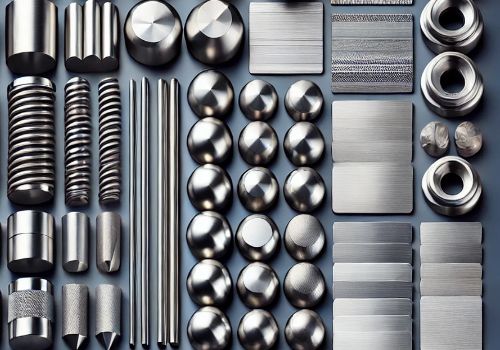
5. Applications of CNC Machined Stainless Steel
Medical Devices
Used for surgical instruments, implants, and diagnostic tools due to its biocompatibility and corrosion resistance.
Aerospace Components
Ideal for engine parts, fasteners, and structural components exposed to extreme conditions.
Food and Beverage Industry
Stainless steel is widely used for manufacturing hygienic equipment such as mixers, conveyors, and containers.
Automotive Parts
Commonly employed in exhaust systems, engine components, and decorative trims.
6. Conclusion
Stainless steel remains a popular choice for CNC machining due to its exceptional properties, versatility, and sustainability. Its ability to deliver high-performance components in demanding environments makes it indispensable across industries.
If you’re looking for precision machining services for stainless steel, domachining.com offers state-of-the-art CNC solutions tailored to your needs. Contact us today to learn more!

